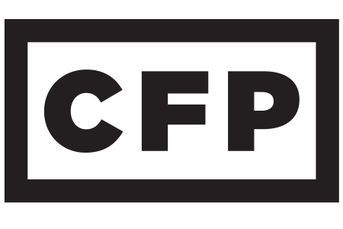Tax reform: Advisers will have plenty to digest as legislation works its way through Congress
Provisions in the tax bill will affect advisers and their clients alike.
And we’re off. The starting pistol has been fired in the race to get a tax-reform bill to President Donald J. Trump before the year ends.
Financial advisers should keep a close eye on changes made to the proposed tax bill put forth last Thursday by the GOP, as certain aspects of the proposal will be altered or flat-out lost in committee markups. The Senate this week is expected to release its own version of a tax-reform bill, and you can bet there will be plenty of horsetrading going on as the two sides attempt to come up with a piece of legislation we can all live with.
InvestmentNews has been tackling this on two fronts: What will affect advisers and their businesses, and what will affect their clients?
Reporter Greg Iacurci spoke with advisers last week, and found that guidance around taxes and on how any revisions should influence wider choices in financial planning will become even more valuable. As one partner at an advice firm said, wrapping your head around all the changes is “a daunting task,” but that’s why clients depend on you.
The tax treatment of pass-through dollars will affect not only a lot of your small-business clients, but a lot of you as well. Early emanations from tax reformers anticipated a 25% rate on owner income from pass-throughs, rather than taxing it at individual rates. But the House bill puts limits on that allowance, most notably leaving out the service sector, such as financial services firms. As InvestmentNews’ senior reporter Mark Schoeff Jr. noted last week, only certain dividends of real estate investment trusts would qualify in the financial category.
For clients, whether they are financially better off with tax changes or find themselves paying more will depend on a lot of individual circumstances. How much income do they make and what kind of income is it? Do they usually pay the alternative minimum tax? How will the lost personal exemption affect the net benefit of additions to the standard deduction?
What about other deductions lost or altered: mortgage interest (primary and secondary homes), state and local taxes (property taxes and income or sales taxes), student-loan interest, medical expenses, alimony payments, moving expenses? Does your client expect to have a large estate or gifts to bequeath which now likely won’t be taxed?
Two other big topics financial advisers spend a lot of time talking to clients about, Roth conversions with the option to recharacterize, and charitable giving, will need serious attention before any final bill becomes law.
So, you’ve got your work cut out for you. The good news is InvestmentNews will cover the changes of consequence to advisers and their clients in great detail as they make their way toward solidification in the tax code.
Now is your chance to shine. And now is the time to rekindle your relationship with that smart tax expert in your Rolodex and to make sure your clients are receiving the best possible tax advice.
Learn more about reprints and licensing for this article.








